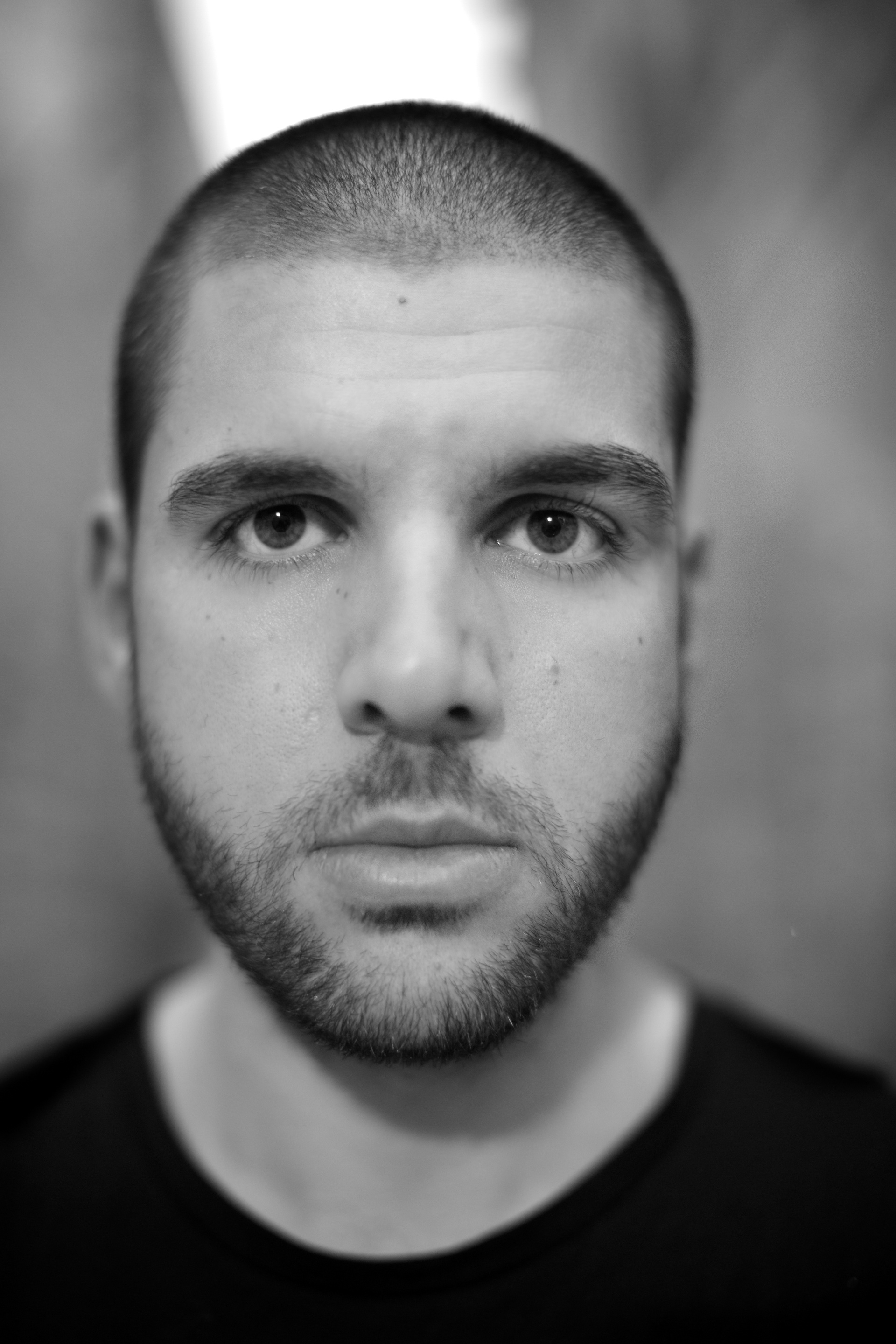Guest Instagrammer: Sami Allalul
Where: Conflict Kitchen Instagram
When: Feb 24 - March 5, 2014
Over the next two weeks, Sami Allalul, a 30 year-old Palestinian film producer living in the West Bank city of Hebron, will be taking over the Conflict Kitchen Instagram account. Sami is a film producer at Breathing Stories.
CK: Tell us a little bit about yourself and your impulse behind the project Breathing Stories.
Sami: I have worked in Palestine for the past 6 years, with NGOs as well as donors, mostly in communication and media. I was upset at the bureaucracy and lack of humanity portraying Palestinians. I felt the most valuable thing I could do was to humanize people here to an outside audience, hence they would not be viewed as statistics on a newsreel but rather as people who live, love, hurt and struggle for a life for themselves and their children similarly to other people across the world. So I starting working on short films and have done quite a few for charities or issues I care about, voluntarily or for fees. I started Breathing Stories as a collective to produce short films with a few other professionals.
CK: What is a typical week like for you?
Sami: My work as a filmmaker takes me across Palestine, from visiting communities off the grid, to villagers holding onto their homes in Area C (an Israeli military zone) in the West Bank. The geography and landscape is incredible and diverse, and so there are constantly opportunities to take lovely footage. I am currently working on films for UNICEF and the World Council of Churches. Most days I wake up quite early before sunrise to meet children on their way to school. The journey can be difficult for children with Israeli checkpoints and constant military incursions into schools. It’s a full work week, but when I have time off I like to spend it in my hometown of Halhul tending the land.
CK: What are your favorite Palestinian dishes? What are you eating or cooking on a weekly basis?
Sami: My ultimate favorite is Foul Akhdar Bi Laban (fava beans and sour yogurt stew). Koosa Mahshi is a great dish of stuffed zucchini in the same sour yogurt stew. I also love Majadara (lentils/rice and fried onions as topping) which is considered the poor man’s meat meal, as it’s high in protein and quite inexpensive. Other favorites are the classic Maqloobeh. Most often I’m cooking Galayat Bandora (tomato stew), a typical Palestinian breakfast dish, which is very fast and extremely nutritious.
CK: What are you working on next?
Sami: The next film I’m working on will be about displaced communities and the effect forced displacement of Palestinian families by the Israeli military or government policies has on the education of these children, impacting their lives now and in the future.
CK: What is a typical week like for you?
Sami: My work as a filmmaker takes me across Palestine, from visiting communities off the grid, to villagers holding onto their homes in Area C (an Israeli military zone) in the West Bank. The geography and landscape is incredible and diverse, and so there are constantly opportunities to take lovely footage. I am currently working on films for UNICEF and the World Council of Churches. Most days I wake up quite early before sunrise to meet children on their way to school. The journey can be difficult for children with Israeli checkpoints and constant military incursions into schools. It’s a full work week, but when I have time off I like to spend it in my hometown of Halhul tending the land.
Photo of Sami Allalul. Photo credit: John Stanmeyer
